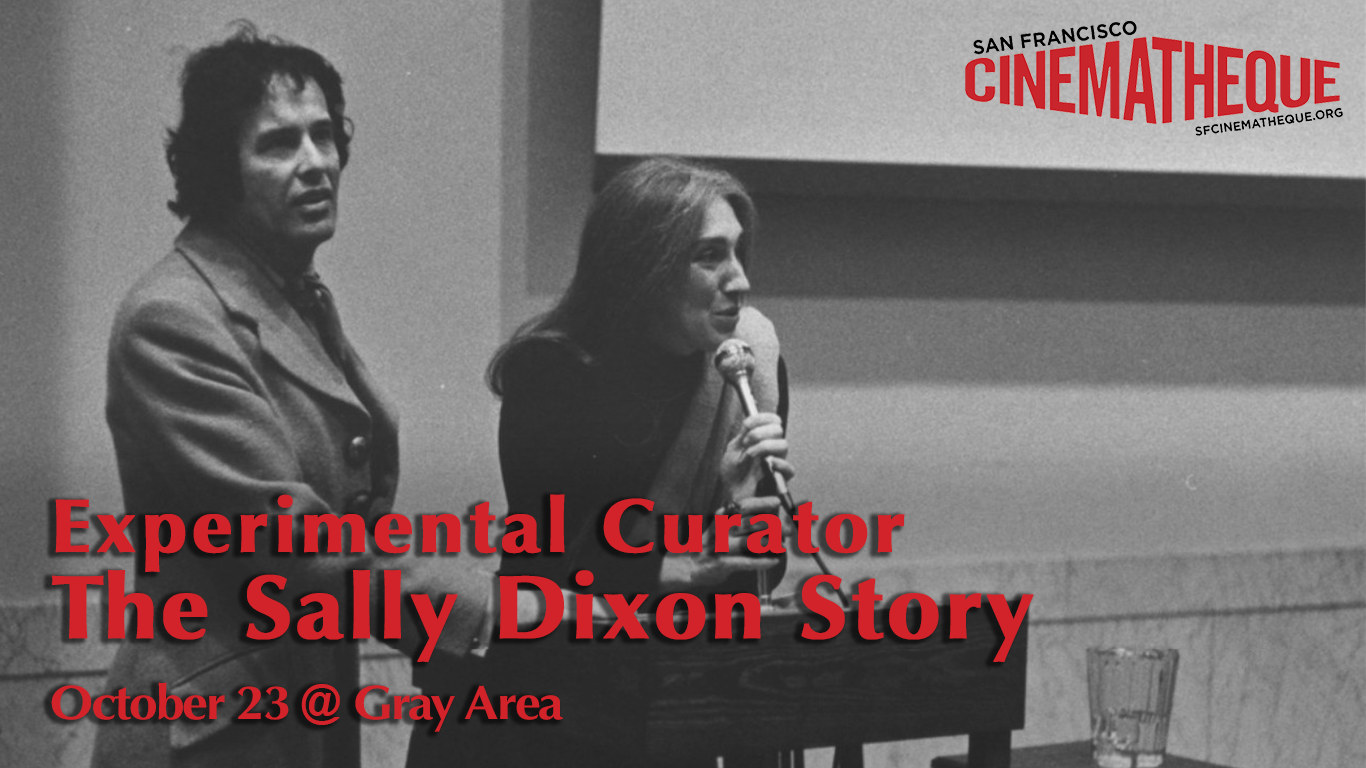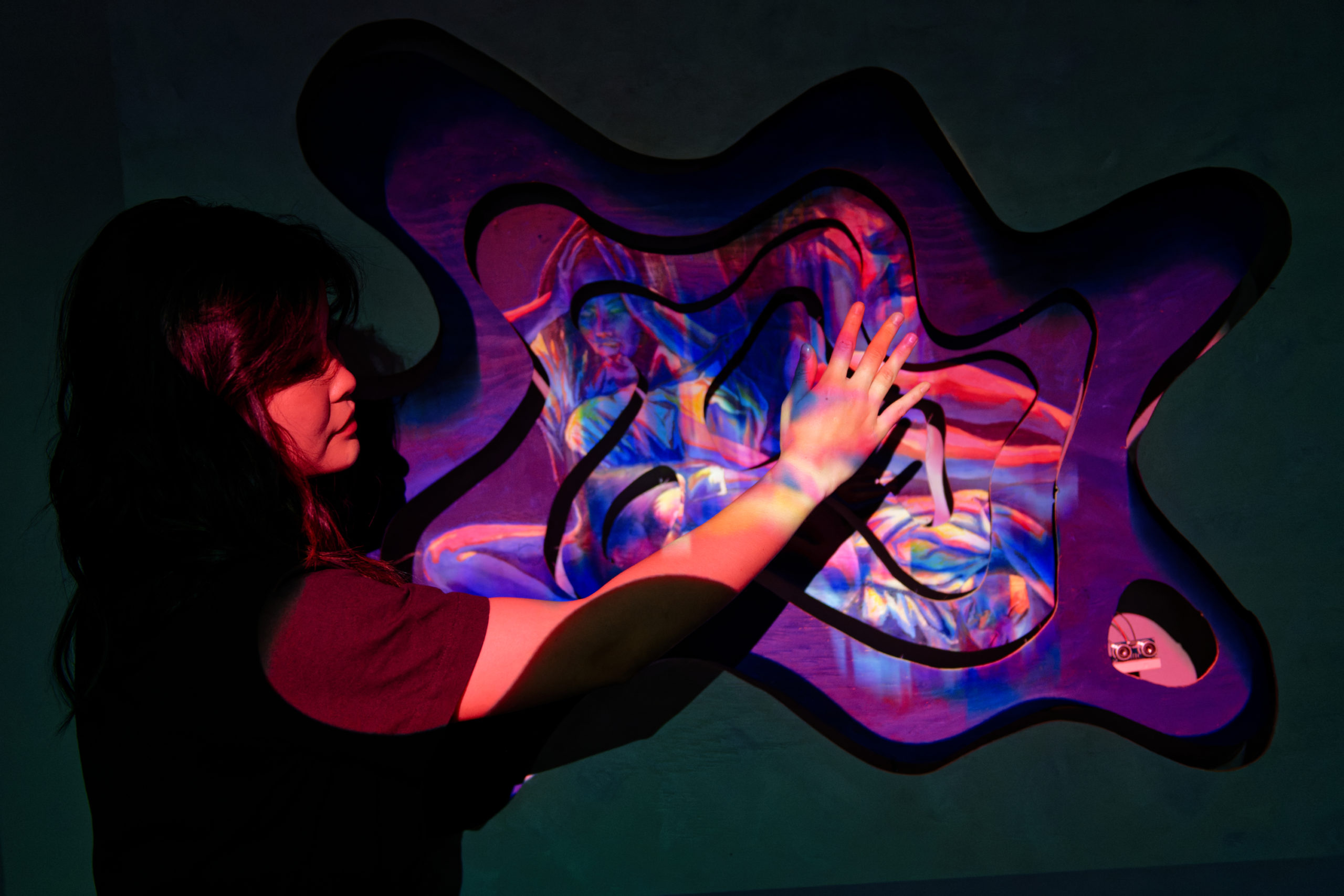
Through archival footage, photographs and extensive interviews with avant-garde film luminaries, Brigid Maher’s loving bio-doc Experimental Curator: The Sally Dixon Story tells the tale of an undersung hero of the avant-garde, visionary film curator Sally Dixon (1932–2019), documenting her early immersion in the 1960s New York film scene through a career of supporting artists and creating community.
Join us for a special screening of the documentary film, preceded by three works featured in the film. Filmmaker Brigid Maher joins in person for a conversation and Q&A after the screenings.





